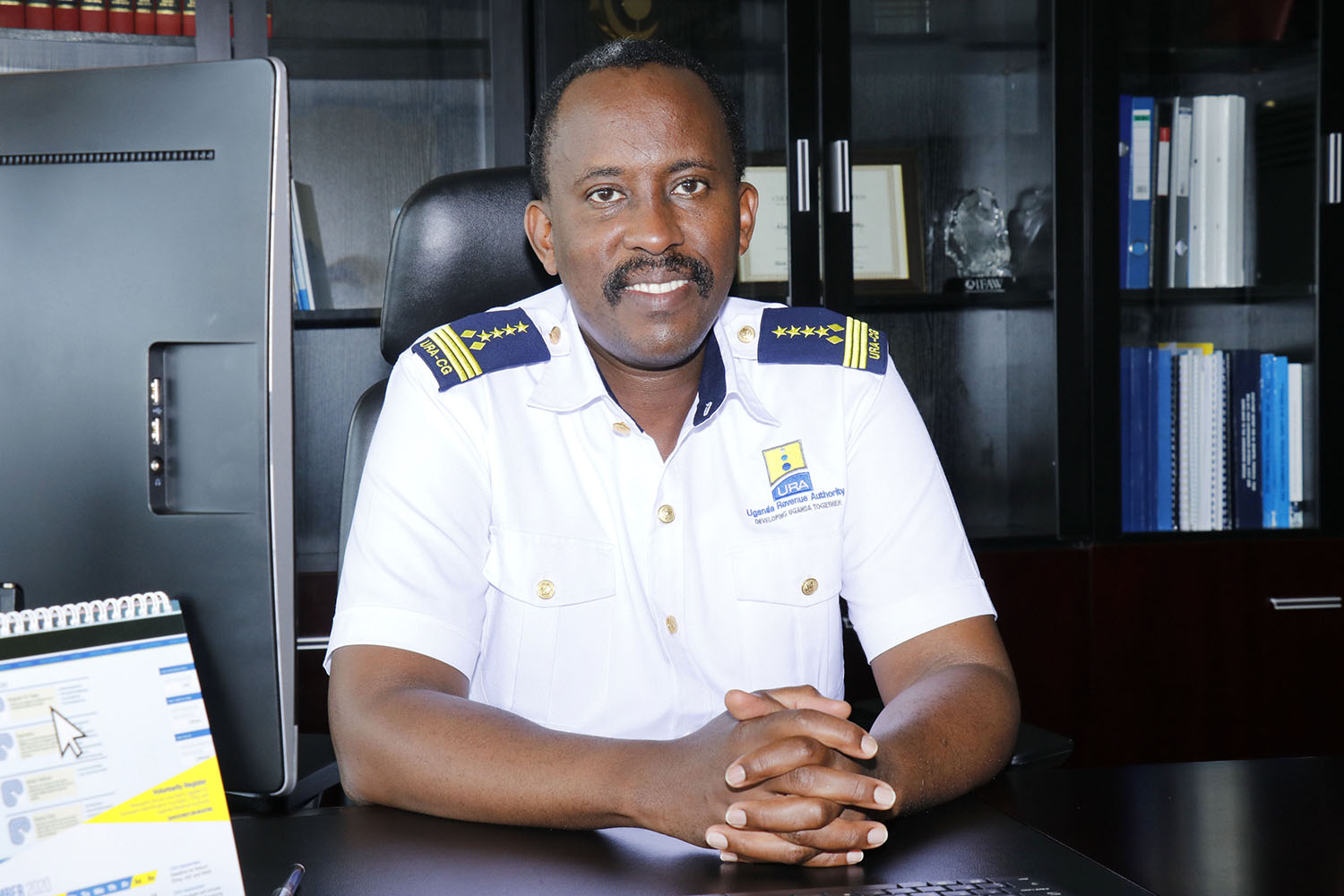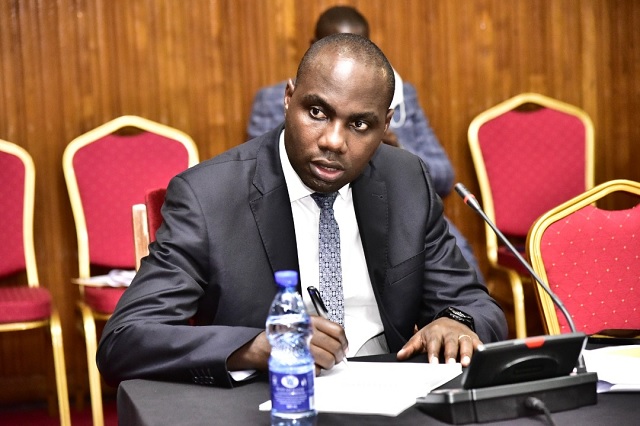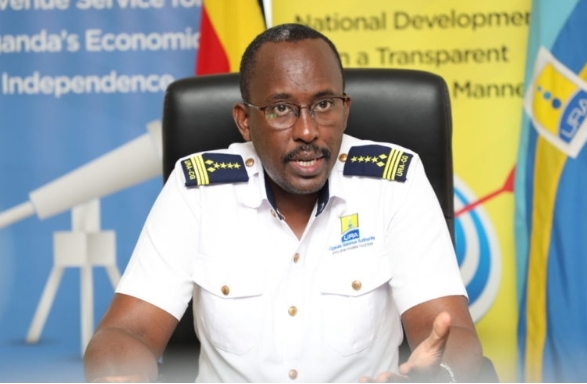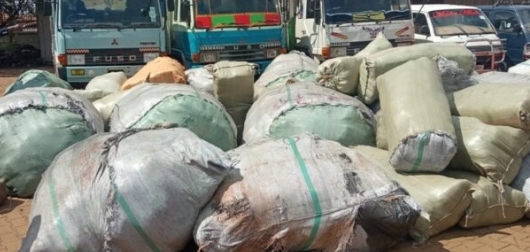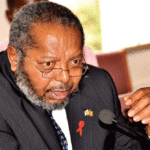The Uganda Revenue Authority (URA) has announced a firm stance against exploitative practices by intermediaries commonly known as container leaders, who are accused of manipulating small and medium-sized traders through inflated fees, delayed shipments, and deceptive customs processes.
This declaration came during the 2025 URA Traders Dialogue held on May 8, where the tax authority met with hundreds of business owners and cooperative representatives to strengthen partnerships with grassroots traders.
During the event, URA Commissioner General John R. Musinguzi addressed widespread concerns about certain intermediaries often referred to as consolidators who have, over time, disrupted the importation process for genuine business people.
“These individuals have inserted themselves between the URA and traders, creating unnecessary delays, making false customs claims, and charging unwarranted fees,” Musinguzi said. “Our goal is to ensure that the clearance process is transparent. A trader should clearly know how long it takes ideally two days from Mombasa and exactly how much they are expected to pay without hidden costs.”
He further condemned those consolidators who abandon goods when caught committing customs violations, leaving traders to face the consequences.
“Such conduct is harmful to national development. These people prioritize personal gain over collective progress. We are determined to eliminate this middleman barrier and build a direct, trustworthy link between URA and the trading community,” he added.
Among the traders present was Charles Yiga, Chairperson of the Kampala Central Division Arcade Traders Cooperative Society (KACEDAT), who shared his personal journey of overcoming dependency on intermediaries.
“When I began importing from China four years ago, I relied on a container leader who ended up holding my goods for over a year even after taxes had been paid,” Yiga said. “The problem was that he used his own TIN to clear the goods, not mine. When issues arose, he vanished.”
Yiga said it was only after approaching URA that he was advised to obtain his own Tax Identification Number and begin handling his import procedures independently a decision he says has transformed his business operations.
“Clearing my own goods has brought me peace of mind. I’m grateful to URA for the support,” he said. However, he also called for consistency in customs valuation. “Sometimes, enforcement officers stop us on the road even after we’ve paid everything at the bond, which causes disruptions.”
Yiga also emphasized the need for continued collaboration between traders and government bodies in the post-pandemic economy.
“KACEDAT was born out of the challenges we faced during COVID-19. We came together to support each other and engage constructively with authorities. We thank URA, UNBS, and the Kenya Ports Authority for listening. As long as we work together, Uganda’s trade sector will thrive.”

